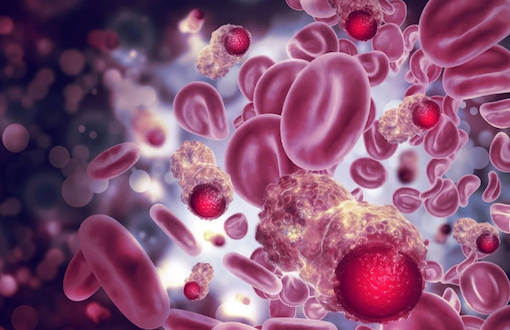
Cells communicate with neighbouring or distant cells by secreting lipid-bound vesicles known as extracellular vesicles (EVs). All types of cells discharge EVs, which provide information about the originating cells and their physiological state.
Because EVs can give these pieces of information, particularly in cancer progression, they’ve emerged as a novel source of non-invasive cancer biomarkers that could help diagnose and treat cancer early.
“My research work advances the understanding of how EVs help cancer progression by promoting cancer cells’ survival and mediating drug resistance,” says Dr Lee Wai Leng, from the School of Science at Monash University Malaysia.
The role of EVs in mediating drug resistance was confirmed when Dr Lee and her team inhibited EV secretion, decreasing the viability of the cells. This suggests that inhibition of EV release could be a novel therapeutic approach to sensitise drug-resistant cells to chemotherapy.
Dr Lee and her team demonstrated that it was possible to detect cancer-specific proteins by examining the urine of patients with prostate cancer against healthy participants. The team analysed the EVs’ composition using a Fourier-transform infrared (FTIR) spectroscopy, which helped them accurately determine which EVs originated from prostate cancer patients and healthy participants.
“The data suggests we could use this technique for the early screening of cancer, and enable the accurate staging and grading of the disease,” Dr Lee added.
In one of their studies, Dr Lee and her team discovered several EV proteins that can potentially be developed as theragnostic markers (biomarkers that can be used for both therapy and prognosis), indicating how responsive patients are to cancer treatment.
This finding is essential for the development of personalised medicine. Besides testing urine samples from prostate cancer patients, the team plans to test the efficacy of different body fluid types from other types of cancer.




